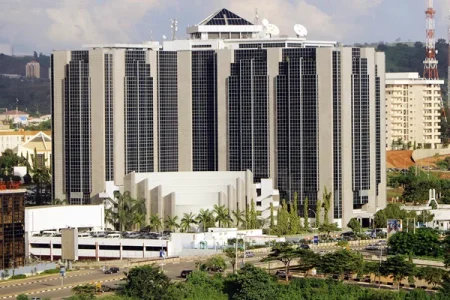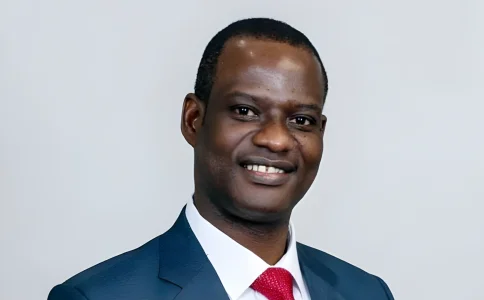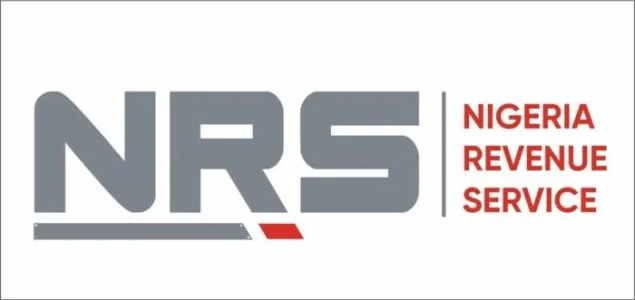
Due to Nigeria's prolonged economic challenges, the Naira has faced significant pressure, stirring concerns and debates among investors, policymakers, and the general public. Amid this backdrop of uncertainty, Goldman Sachs's upbeat prediction for the Naira in 2024 comes as a beacon of optimism. This listicle delves into 10 possible reasons behind the esteemed financial institution's positive outlook on the Nigerian currency. However, it's crucial to approach these forecasts with caution. While Goldman Sachs presents a compelling case, other analysts disagree, pointing to inherent risks and uncertainties that could sway the economic landscape. As we explore these reasons, it's essential to remember that the future of the Naira hinges on a delicate balance of internal reforms and external economic forces.
- Interest Rate Adjustments: Goldman Sachs highlights Nigeria's monetary authorities' recent upward adjustments in interest rates as a pivotal move to stabilise the Naira.
- Bill Auctions by the Central Bank: The Central Bank of Nigeria is auctioning N1.6 trillion in bills to increase the Naira's free trade.
- Convergence of Exchange Rates: The official and parallel-market exchange rates for the Naira have converged mainly, indicating a stabilisation that supports the currency's potential appreciation.
- Capital Inflows Surge: A notable increase in capital inflows, driven by measures to improve dollar liquidity, has bolstered the Naira's position.
- Shift from Unorthodox Policies: Goldman Sachs credits Nigeria's move away from previously unorthodox monetary policies and significantly negative accurate interest rates as foundational for the Naira's expected appreciation.
- Inflation Targeting and Flexible Exchange Rates: The analysts commend Nigeria's shift towards inflation targeting and more flexible exchange rates under President Bola Tinubu's reforms.
- Favourable Real Interest Rates and External Financing: Establishing favourable real interest rates and mobilising external financing are highlighted as crucial steps towards addressing the currency and liquidity crisis.
- Foreign Exchange Market Reforms: Reforms implemented since June to attract inflows, including allowing the local currency to weaken to push the official and unofficial market rates closer, have been pivotal.
- Attraction of Meaningful Foreign Inflows: Nigeria's sustained efforts towards orthodox monetary policies are expected to attract capital inflows to stabilise and appreciate the Naira.
- High Foreign-exchange Reserves: Nigeria's foreign-exchange reserves are at their highest since June 21, indicating a more substantial buffer to support the Naira.




